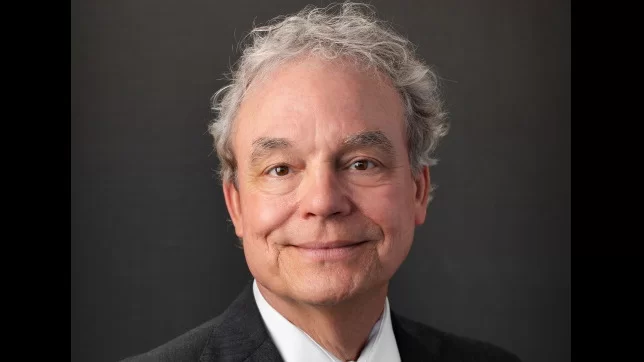Alabama has been at the forefront of holding companies accountable for their role in the opioid crisis, with the state securing over $728 million in settlements from healthcare and drug companies. The settlements have provided a significant boost in the battle against opioids, although the fight is far from over.
The breakdown of the settlements reveals the financial impact on various companies involved:
- McKinsey: $9,229,422
- Allergan: $34,040,657
- Walmart: $38,700,000
- Teva: $57,138,934
- Johnson & Johnson: $70,329,014
- CVS: $75,581,592
- Walgreens: $82,187,066
- McKesson: $141,000,000
- AmerisourceBergen Drug Corporation & Cardinal Health: $220,000,000
Alabama has felt the profound impact of the opioid crisis across all sectors of its economy, affecting healthcare, education, business, and local government. The crisis has not discriminated, impacting individuals from diverse backgrounds and communities.
Statistics highlight the severity of the crisis in Alabama:
- From 2006–2014, there were 5,128 overdose-related deaths in Alabama.
- In 2012, Alabama had the highest per-capita opioid prescription rate in the nation.
- In 2016, there were 741 overdose deaths, with opioids accounting for most fatalities.
On a national scale, the opioid epidemic has been a significant public health concern:
- More than 760,000 people have died from drug overdoses in the U.S. since 1999.
- Nearly 75% of drug overdose deaths in 2020 involved an opioid.
- The number of overdose deaths involving opioids in 2021 was 10 times the number in 1999.
The fight against opioids continues, with the recent settlements providing Alabama with enhanced resources to address future challenges. These funds will support initiatives to combat opioid misuse, expand treatment options, and provide assistance to affected individuals and families.
Rhon Jones, a lawyer at Beasley Allen, emphasized the significance of these payments, stating, "These payments are about more than the money; it’s a promise to future generations that we will do all we can to stop this tragedy from happening again."
As part of the settlements, Alabama will distribute the funds to local governments and public hospitals, with the state's share being allocated to the General Fund to support broader initiatives in combating the opioid crisis.

